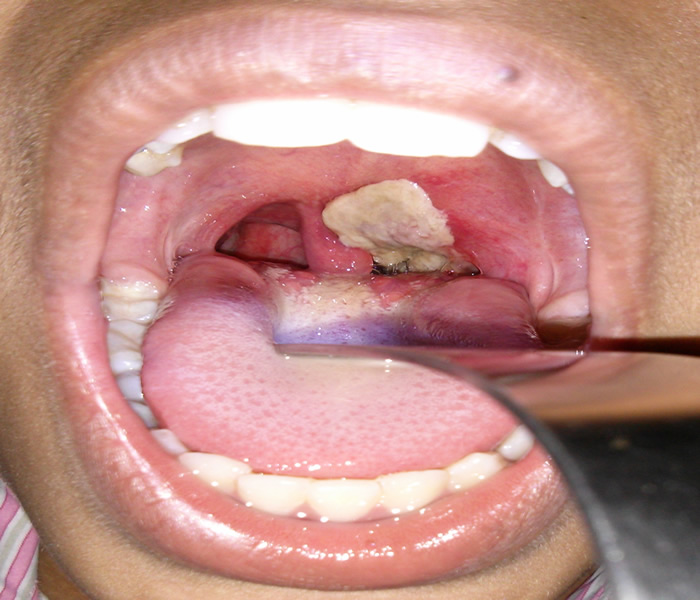
DiYES International School – The impact of diphtheria on children can be severe and even life-threatening if not addressed promptly. This bacterial infection, caused by Corynebacterium diphtheriae, primarily affects the respiratory system, leading to dangerous complications if left untreated. Despite being preventable through vaccination, diphtheria continues to be a threat in some regions, affecting children of all ages. As a parent, understanding the symptoms, risks, and preventive measures is crucial to protecting your child from this harmful disease. This article will explore the various aspects of diphtheria, including its symptoms, complications, and the importance of vaccination to safeguard your child’s health.
Diphtheria is a highly contagious disease caused by a bacterial toxin that can lead to severe illness. It primarily affects the throat and nose, but can also infect the skin and other areas. The disease spreads through respiratory droplets, usually when an infected person coughs or sneezes. Without proper treatment, diphtheria can cause life-threatening complications such as airway obstruction, heart problems, and nerve damage.
“Read about: Dealing with Sinusitis in Kids: Symptoms, Treatment, and Prevention”
The symptoms of diphtheria in children can often mimic those of common respiratory infections. Initially, a sore throat, mild fever, and swollen lymph nodes may appear. However, as the infection progresses, a thick, grayish membrane forms in the throat, making it difficult to breathe. This can lead to severe respiratory distress and may require urgent medical intervention. Hoarseness, coughing, and difficulty swallowing are also common signs. In advanced stages, complications may include heart problems and nerve damage.
Without prompt treatment, diphtheria can lead to serious complications. The bacterial toxin can cause myocarditis, an inflammation of the heart muscle, leading to irregular heartbeats or even heart failure. The toxin may also affect nerves, leading to paralysis and weakness. Additionally, diphtheria can cause severe damage to the kidneys and other organs, which can be fatal. In the worst-case scenario, if left untreated, diphtheria can result in death.
Vaccination is the most effective method of preventing diphtheria in children. The DTP (Diphtheria, Tetanus, and Pertussis) vaccine is a part of routine childhood immunization and is given in several doses, starting at two months of age. The vaccine helps the immune system develop protection against the bacteria, significantly reducing the risk of infection. Booster shots are also recommended to maintain long-term immunity and ensure continued protection throughout childhood.
“Read more: Polaris Project: Empowering Survivors and Advocating for Change”
Early detection of diphtheria is crucial for successful treatment. If a child begins to show symptoms such as a sore throat, fever, or difficulty breathing, seeking medical attention immediately is essential. A healthcare provider can diagnose the condition through a physical examination and laboratory tests. If diphtheria is confirmed, treatment with antibiotics and an antitoxin will help neutralize the bacterial toxin and prevent further damage.
The best way to prevent diphtheria is through vaccination. Parents should ensure that their child follows the recommended vaccination schedule and receives booster shots as needed. Additionally, practicing good hygiene, such as frequent handwashing, can help prevent the spread of infections. It’s also essential to keep your child away from individuals who show signs of respiratory illness to reduce the risk of exposure.
Diphtheria is treated with antibiotics, such as penicillin or erythromycin, to eliminate the bacteria. An antitoxin is also administered to neutralize the harmful effects of the bacterial toxin. In severe cases, children may require hospitalization to manage airway obstruction or complications such as heart problems. Supportive care, including fluids and close monitoring, may also be necessary to ensure recovery.